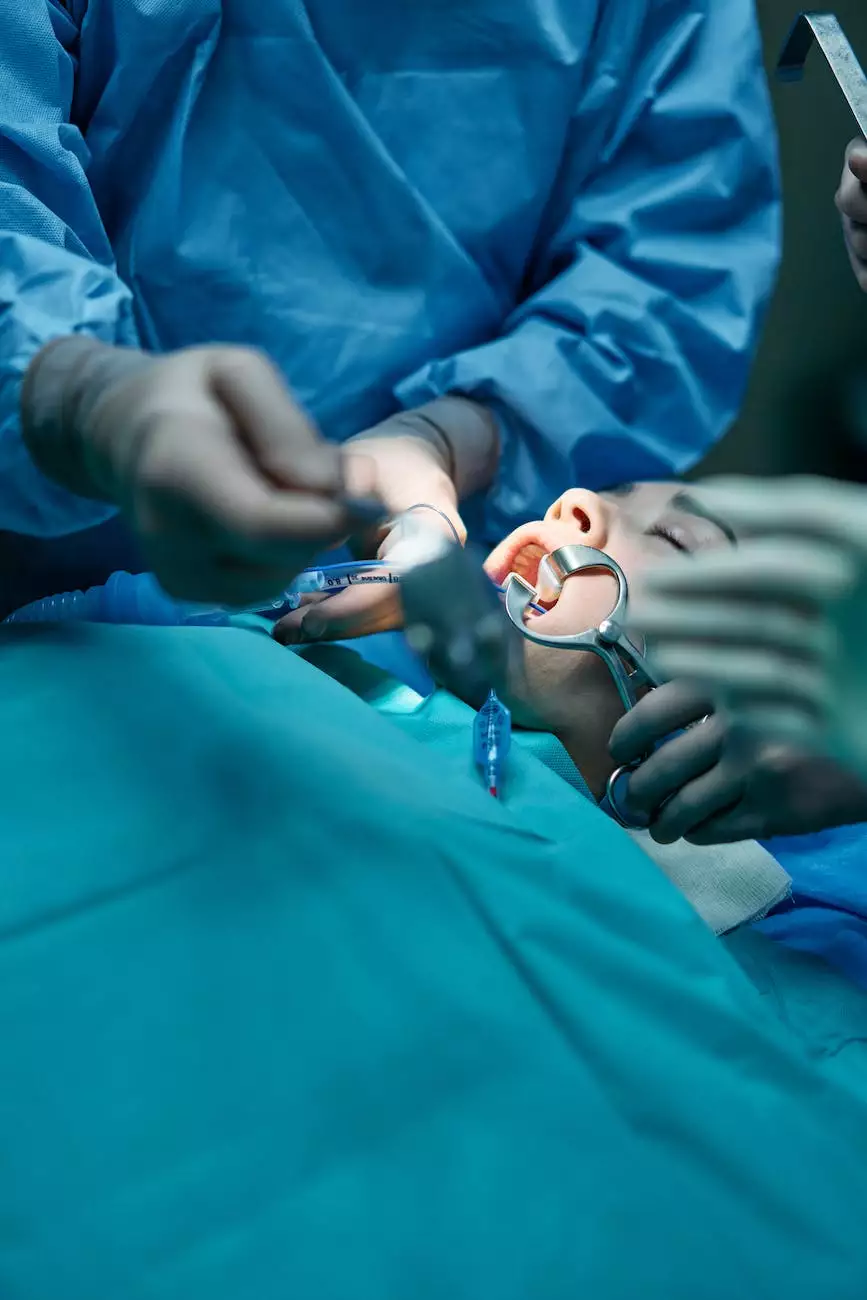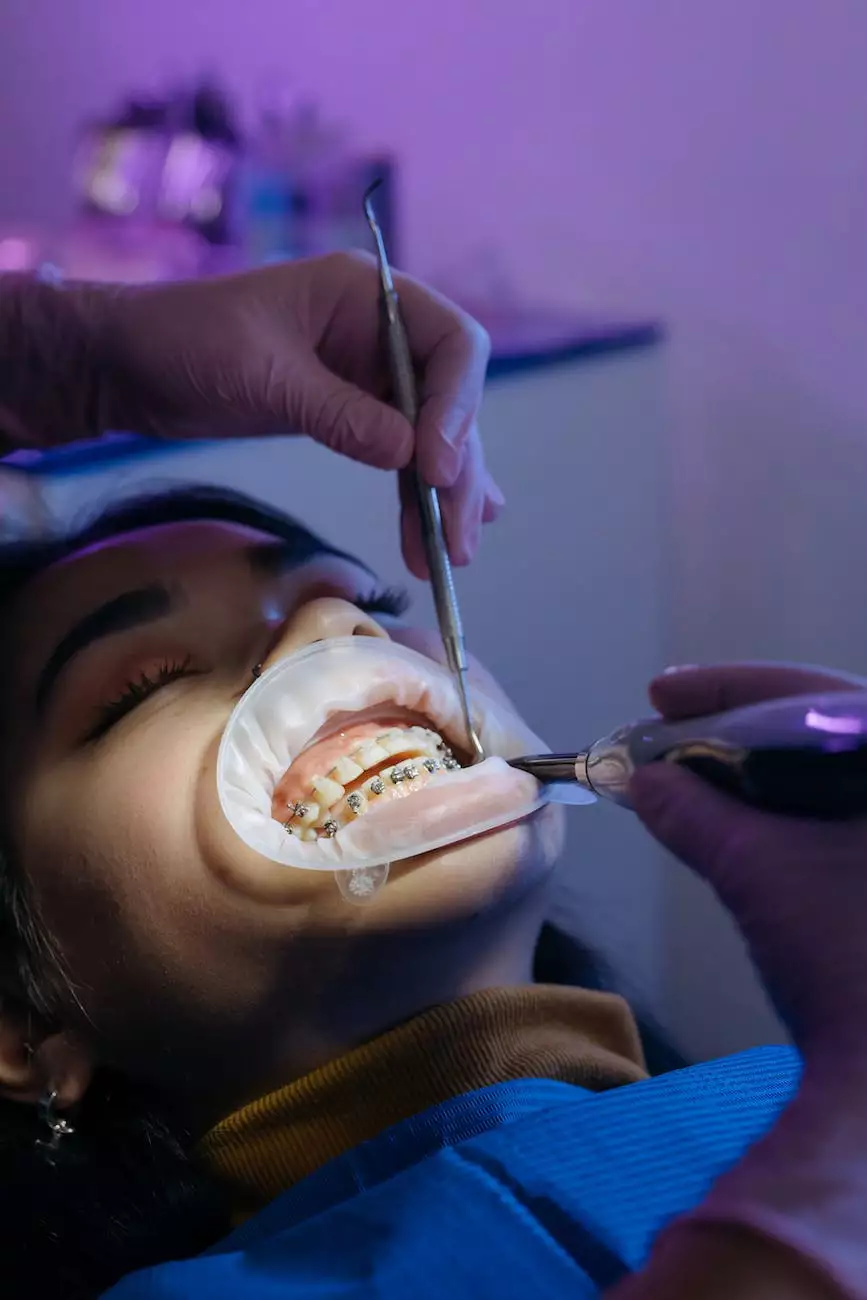Tips on How to Avoid Receding Gums
Dentures FAQ
Introduction to Receding Gums
Receding gums, also known as gingival recession, is a common dental problem that occurs when the gum tissue surrounding the teeth gradually wears away or pulls back, exposing more of the tooth surface or the tooth roots. This condition can lead to tooth sensitivity, increased risk of tooth decay, and even tooth loss if left untreated. To help you maintain healthy gums and prevent gum recession, Lawrence Dentistry, a trusted name in the field of dentistry and dental services, provides valuable tips and insights.
1. Proper Oral Hygiene
Maintaining proper oral hygiene is crucial in preventing receding gums. Make sure to brush your teeth at least twice a day using a soft-bristle toothbrush and a fluoride toothpaste. Gently brush along the gum line to remove plaque and bacteria that can contribute to gum recession. Flossing daily is equally important as it helps clean the areas between the teeth and along the gum line that a toothbrush may not reach.
2. Gentle Brushing Technique
When brushing your teeth, it's essential to use a gentle technique to avoid damaging the delicate gum tissue. Hold your toothbrush at a 45-degree angle to the gums and use short, back-and-forth strokes. Avoid aggressive scrubbing or brushing too hard, as it can cause gum irritation and recession. Remember to replace your toothbrush every three to four months or sooner if the bristles become frayed.
3. Regular Dental Check-ups
Scheduling regular dental check-ups and cleanings with Lawrence Dentistry is vital in preventing and detecting early signs of gum recession. During these visits, our highly skilled dentists will examine your gums and provide professional dental cleanings to remove plaque and tartar buildup. Early detection of gum recession allows for prompt treatment and prevents further progression.
4. Quit Smoking
Smoking not only increases the risk of various oral health problems but also contributes to gum recession. The toxic chemicals present in tobacco smoke can harm the gum tissue, impair healing, and weaken the immune system's ability to fight infections. Quitting smoking not only improves your overall health but also helps maintain healthy gums.
5. Avoid Teeth Grinding and Clenching
Teeth grinding (bruxism) and clenching can exert excessive force on the teeth and contribute to gum recession. If you notice any signs of teeth grinding, such as jaw pain or worn-down teeth, consult Lawrence Dentistry for a comprehensive evaluation. We can provide you with a custom-made nightguard to protect your teeth and gums while you sleep.
6. Maintain a Balanced Diet
A well-balanced diet rich in essential nutrients plays a crucial role in maintaining healthy gums. Include foods high in vitamins C and D, as well as calcium, in your diet. Vitamin C helps promote gum health and collagen production, while vitamin D and calcium contribute to strong teeth and bones. Additionally, limit sugary and acidic foods and beverages, as they can erode tooth enamel and contribute to gum recession.
7. Manage Stress
Chronic stress can weaken the immune system and increase the risk of various health problems, including gum disease and recession. Find healthy ways to manage stress, such as exercise, meditation, or engaging in hobbies you enjoy. Maintaining a healthy mind-body connection can positively impact your oral health.
Conclusion
By following these tips and implementing them into your daily routine, you can significantly reduce the risk of gum recession and maintain optimal oral health. Lawrence Dentistry, your trusted partner in dental care, is dedicated to helping you achieve and preserve a healthy smile. Contact us today to schedule an appointment or to learn more about our comprehensive dental services.









